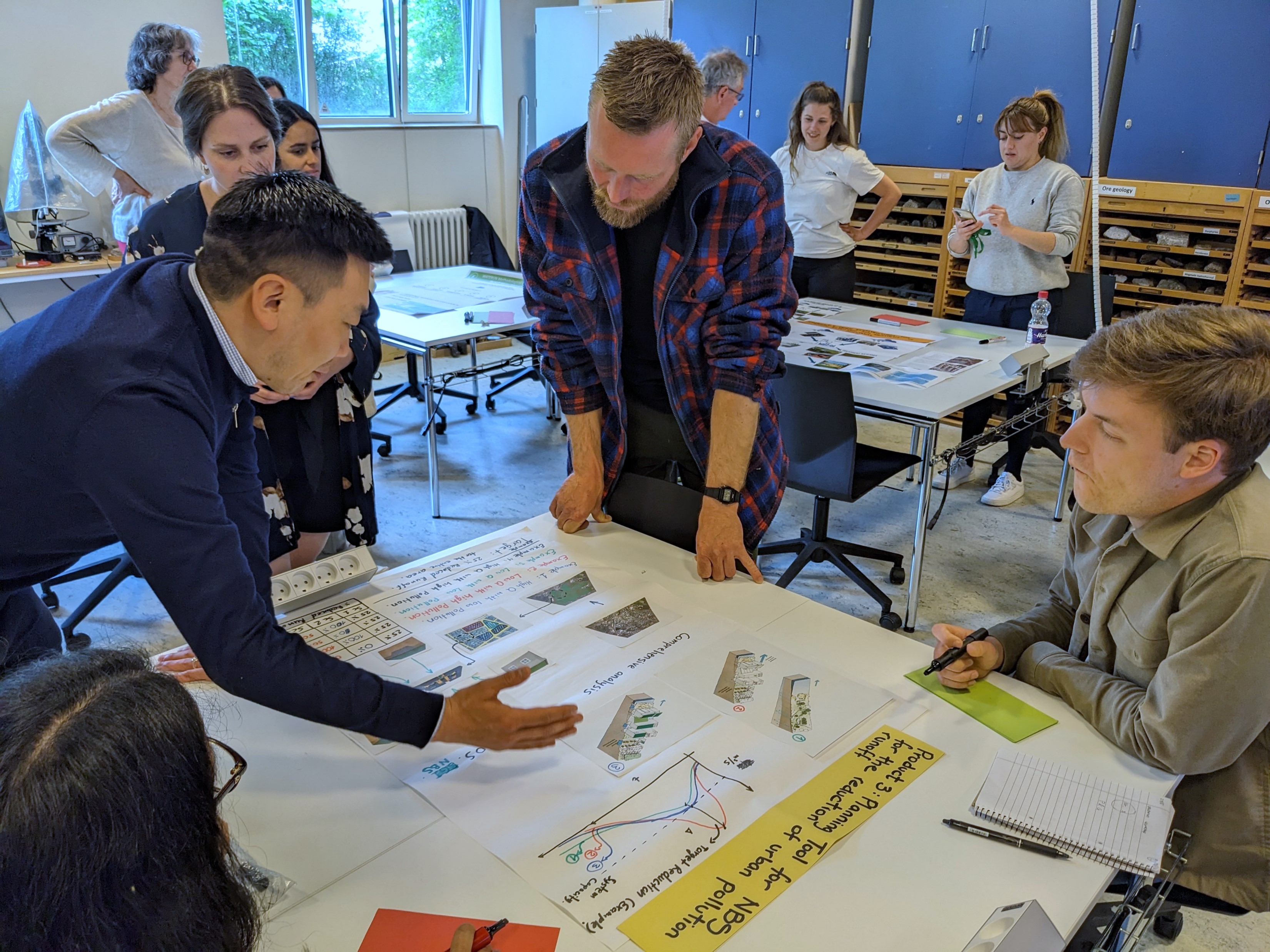Altering the established routine can be challenging, particularly when various organizations and entities share roles and responsibilities. This challenge is particularly pronounced in the context of managing urban water runoff. Multiple entities, spanning government, private sector, and civil society, exert influence over water-related urban planning. In recognition of this complex landscape, the WATERUN project incorporates a collaborative element. Key stakeholders are extended invitations to engage in discussions with the developers of WATERUN solutions to enhance urban water management. This is the rationale behind the initiative’s stakeholder engagement component.
Setting-up Co-Creation Committees
To guarantee future market acceptance and effectively incorporate real-world considerations during the development of WATERUN solutions, the initiative actively involves key stakeholders from the project's inception. Prospective end-users, including local government bodies, health authorities, and water regulators, are invited to engage in the creation of WATERUN solutions within dedicated "Co-Creation Committees." These committees serve as platforms for fostering meaningful dialogues between those most affected by the issue and the solution developers.

This approach ensures that the research and development endeavors of the project yield solutions that not only align with practical applications but are also finely tuned to meet the needs, interests, and preferences of end-users. Within the context of the WATERUN project, two such committees have been established: one in Aarhus, Denmark, and another in Santiago de Compostela, Spain. Both Co-Creation Committees share a similar structure, engaging local decision-makers, regulatory bodies, water utilities, and research partners alike.
|
|
|
|
Santiago de Compostela |
Aarhus |
|
|
Guided by seecon, one of the partners of the WATERUN project, the Co-Creation Committees have been entrusted with the mission of formulating collaborative action plans. These plans aim to harmonize research, policy formulation, and, subsequently, the market adoption and replication of WATERUN solutions. The committees convene on an annual or biannual basis to assess and deliberate the significant milestones achieved by the WATERUN solution developers.
Following their launch in early 2023, these committees will adopt a focused approach by dedicating each meeting to a specific WATERUN solution. This deliberate choice enables in-depth discussions regarding the merits and drawbacks of individual solutions. It also affords the developers the invaluable opportunity to cultivate a profound understanding of the perspectives, needs, and preferences of their future users.
Find out more on: https://www.waterun.eu/
Authors: Simon Joncourt, seecon gmbh, simon.joncourt@seecon.ch (September 2023)

